Mental Health Blogs and Difficulty Treating Eating Disorders
Here's what's happening on the HealthyPlace site this week:
- Over 3500 Visit HealthyPlace Mental Health Blogs
- The Difficulty in Treating Anorexia, Bulimia and Binge Eating
- Share Your Mental Health Experiences
- "For Adult Women: What to Do When Earlier Attempts at Eating Disorders Recovery Have Failed" On HealthyPlace TV
Over 3500 Visit HealthyPlace Mental Health Blogs
First, we want to thank all of you who came to welcome our new mental health bloggers to the HealthyPlace.com website over the last seven days. Many of you have left comments on the blogs and shared some of your personal stories.
Judging from the recent email we've received, some of the things authors Douglas Cootey, Cristina Fender and Aimee White have written about have really hit home.
After reading Cristina's blog post "An Anxious, Bipolar Day," Janice writes:
"Like Cristina, I live with bipolar disorder. I'm a stay-at-home mom with a 3-year old daughter and 6 year old son, who I think has bipolar too. Imagine my life. Everyday, it's filled with anxiety. And although I take bipolar medications and go to therapy twice a month, it's difficult to hold it together. I hate to admit it, but sometimes the only way to spell relief is XANAX."
William could really relate to Douglas' blog post on "Computer Cacophony - Finding Focus in Isolation."
"I rolled on the floor after reading ADDaboy! He is me. In my ADHD world, the computer and iphone aren't productivity devices. They are constant distractions. Games, emails, phone calls from and to friends, RSS feeds, youtube videos - all at my fingertips, luring me away from the work I should be doing. I'm thinking about deleting everything but Microsoft Office from my computer. Maybe that will improve my concentration."
Here are the latest blog posts. Your comments at the bottom of each post are encouraged and welcome.
- Adult ADHD Tastes Like FeetADDaboy! blog by Douglas Cootey
- An Anxious, Bipolar Day by Cristina Fender
- Morning Anxiety 101 by Aimee White, the Nitty Gritty of Anxiety blog
You can find our bloggers everyday on the HealthyPlace Mental Health Blogs homepage. There's also a "blogs" link in the top nav of every page on the site.
continue story below
The Difficulty in Treating Anorexia, Bulimia and Binge Eating
Run a search in Google on "eating disorders treatment" and you'll see more eating disorders treatment center ads than you can shake a stick at. And in most medium to large sized cities in the U.S., finding an eating disorders therapist is no longer a problem.
Unlike twenty or thirty years ago, today, treatment for eating disorders is readily available. The question is "are you ready for treatment?"
Research shows that many adult women with an eating disorder have carried that burden since their teen years. Some were forced by their parents to get treatment. Others were either too young or too immature and not ready to understand the long-term impact of their disordered eating or how difficult recovery would be and the personal work that it would require to "take on the monster."
Now, as adults, these women in their forties, fifties and even sixties are suffering, mostly in secret, wondering if it's too late to get better. It is not! And the good news is these adult women bring a more mature perspective and resourcefullness to the recovery process.
The most important thing to know is that help is available, recovery is possible, and a healthier and happier life is within reach. If you are an adult woman living with anorexia, bulimia or another eating disorder, the first step of seeking professional help is up to you.
Here are 3 articles from our HealthyPlace Mental Health TV Show guest, Joanna Poppink, MFT, from her site "Triumphant Journey" in the HealthyPlace Eating Disorders Community. In them, she discusses the journey people must take when they are serious about eating disorders treatment.
- Eating Disorder Recovery: Living A Balanced Life
- Life Transitions in Eating Disorder Recovery - What Do I Do Now?
- Getting Better and Losing Friends During Eating Disorder Recovery
Share Your Mental Health Experiences
Share your experiences with eating disorders treatment or any mental health subject, or respond to other people's audio posts, by calling our toll-free number (1-888-883-8045).
You can listen to what other people are saying by clicking on the gray title bars inside the widgets located on the "Sharing Your Mental Health Experiences" homepage, the HealthyPlace homepage, and the HealthyPlace Support Network homepage.
If you have any questions, write us at: info AT healthyplace.com
"For Adult Women: What to Do When Earlier Attempts at Eating Disorders Recovery Have Failed" On HealthyPlace TV
What does it take to overcome the grip of anorexia, bulimia or binge eating? Joanna Poppink, MFT, has treated hundreds of adult women with eating disorders over the last 30 years. She says any person, at any age, no matter how long they've suffered with an eating disorder can recover. How?! on this week's HealthyPlace Mental Health TV Show.
You can watch the interview on the HealthyPlace Mental Health TV Show website.
- When Attempts at Eating Disorders Recovery Have Failed (tv show blog - includes Ms. Poppink's audio post)
Coming in February on the HealthyPlace Mental Health TV Show
- Bipolar Vida blogger, Cristina Fender
- Why for many, "Once a Self-Injurer, Always a Self-Injurer"
- Parenting a Child with Behavior Problems w/ Dr. Steven Richfield (The Parent Coach)
If you would like to be a guest on the show or share you personal story in writing or via video, please write us at: producer AT healthyplace.com
Click here for a list of previous HealthyPlace Mental Health TV Shows.
Coaching Assertiveness To The Overly Passive Child
What can be done for well-behaved children who are too passive and allow others to walk all over them?
The Parent Coach, Dr. Steven Richfield, has some coaching tips so you can help your child be more assertive.
APA Reference
Staff, H.
(2010, January 27). Mental Health Blogs and Difficulty Treating Eating Disorders, HealthyPlace. Retrieved
on 2025, September 21 from https://www.healthyplace.com/other-info/mental-health-newsletter/mental-health-blogs-and-difficulty-treating-eating-disorders
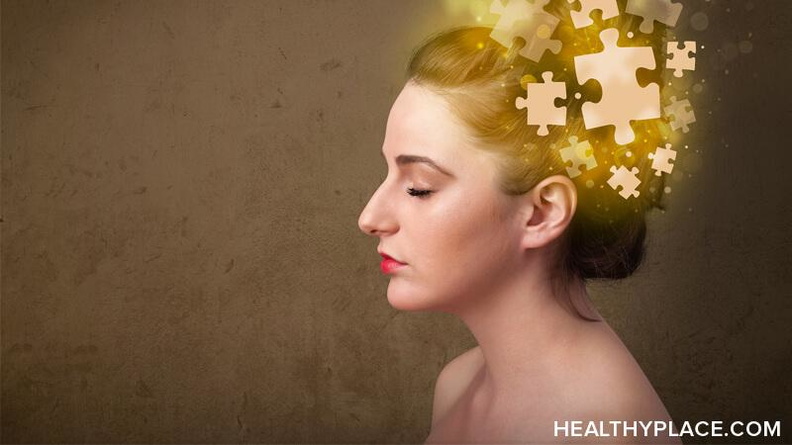
 It's so easy to get bogged down by the hard things. Feelings of inadequacy, bipolar symptoms, and life can make one want to squeeze into a little ball and sleep until it's gone. But, those things will never leave until you make them get up and out of the way.
It's so easy to get bogged down by the hard things. Feelings of inadequacy, bipolar symptoms, and life can make one want to squeeze into a little ball and sleep until it's gone. But, those things will never leave until you make them get up and out of the way.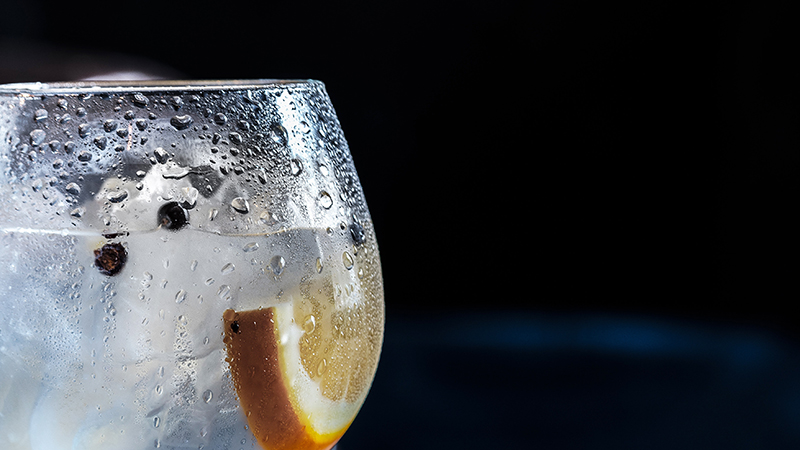
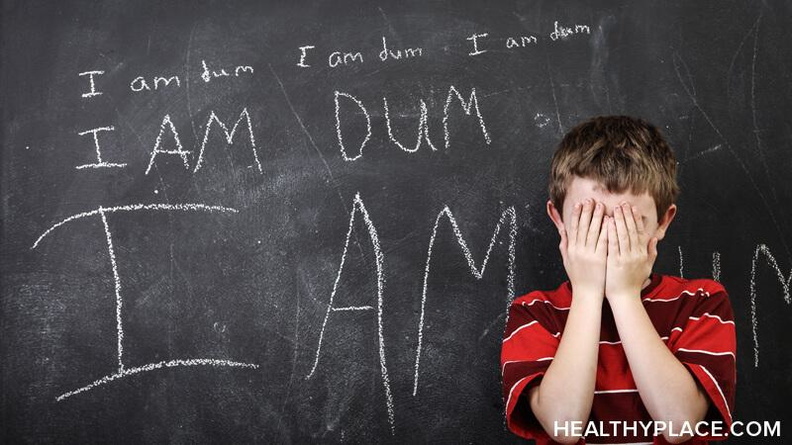
 In a few days, my little family will be heading to San Fransisco to celebrate Mr. T's 30 birthday. I went there once before on business and it's a gorgeous area, so I am looking forward to being able to spend more time there and share that with the people I love the most. But I know from my past experiences of
In a few days, my little family will be heading to San Fransisco to celebrate Mr. T's 30 birthday. I went there once before on business and it's a gorgeous area, so I am looking forward to being able to spend more time there and share that with the people I love the most. But I know from my past experiences of 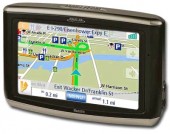 4. If you don't already own one, when renting a car, get a GPS unit to go with it. If you do own one, bring it!
4. If you don't already own one, when renting a car, get a GPS unit to go with it. If you do own one, bring it!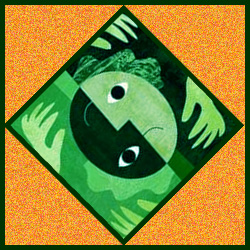 I have
I have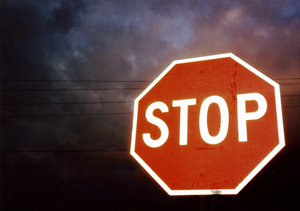
 No dark gray skies, thank you.
No dark gray skies, thank you.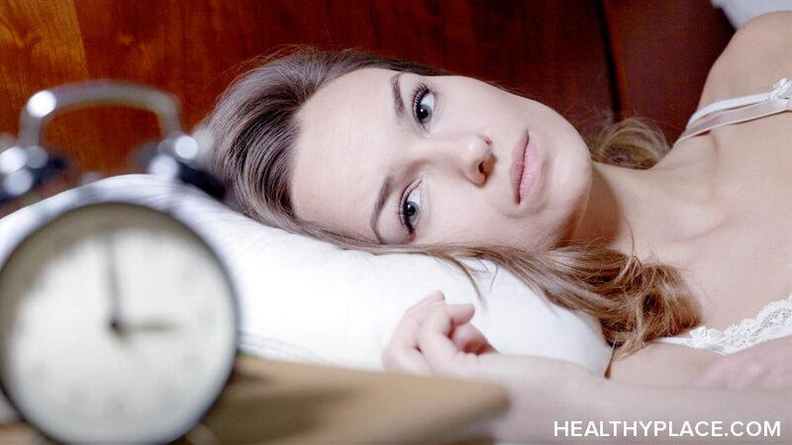
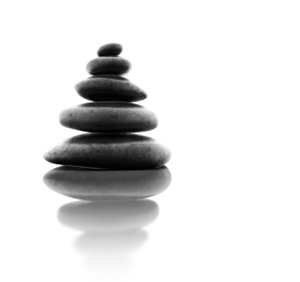 This is so important I can't stress it enough. It may sound silly but it seriously works! We have a lot of negative thoughts that swirl around so fast we may not even notice them. We have to
This is so important I can't stress it enough. It may sound silly but it seriously works! We have a lot of negative thoughts that swirl around so fast we may not even notice them. We have to  [/caption]
[/caption]